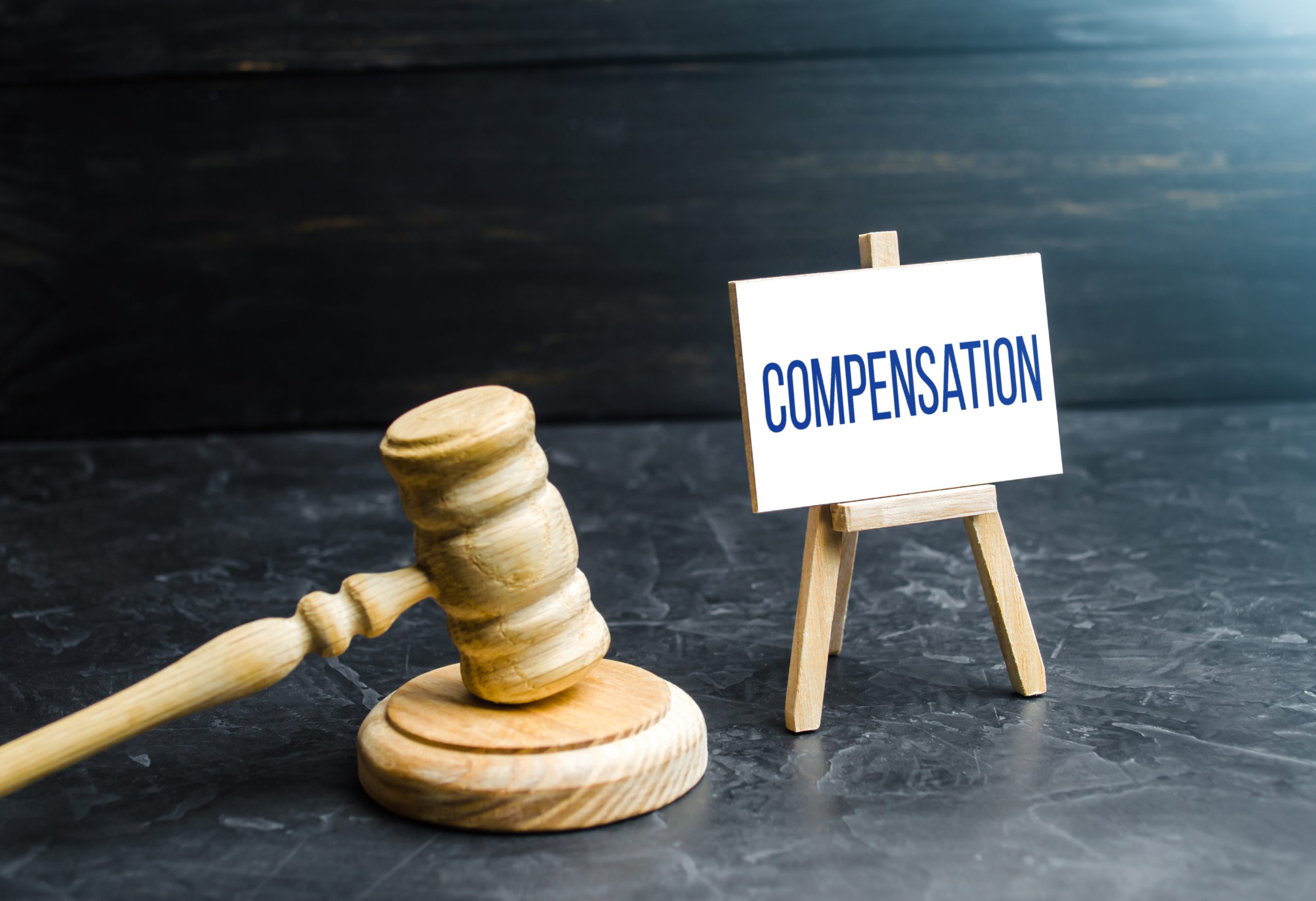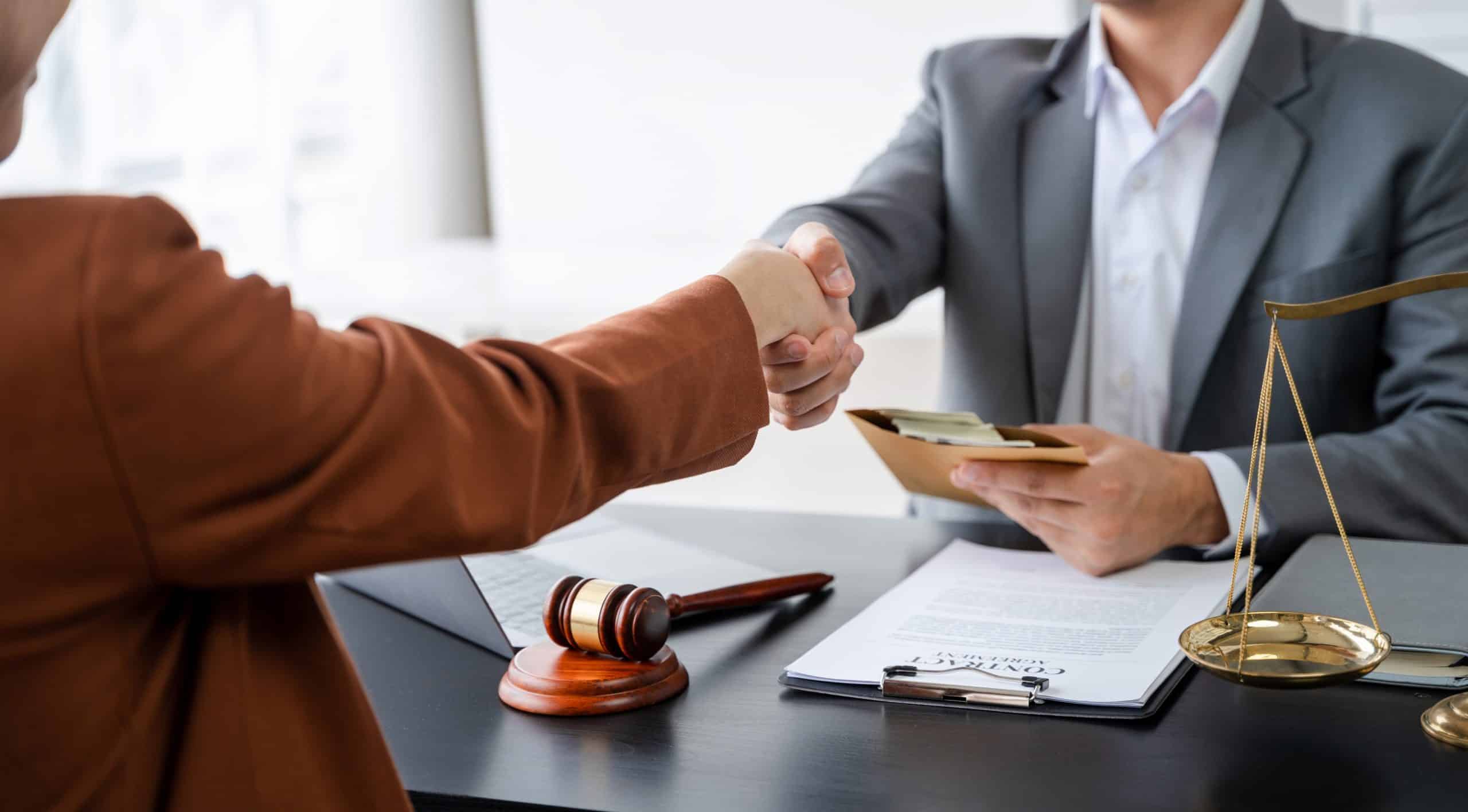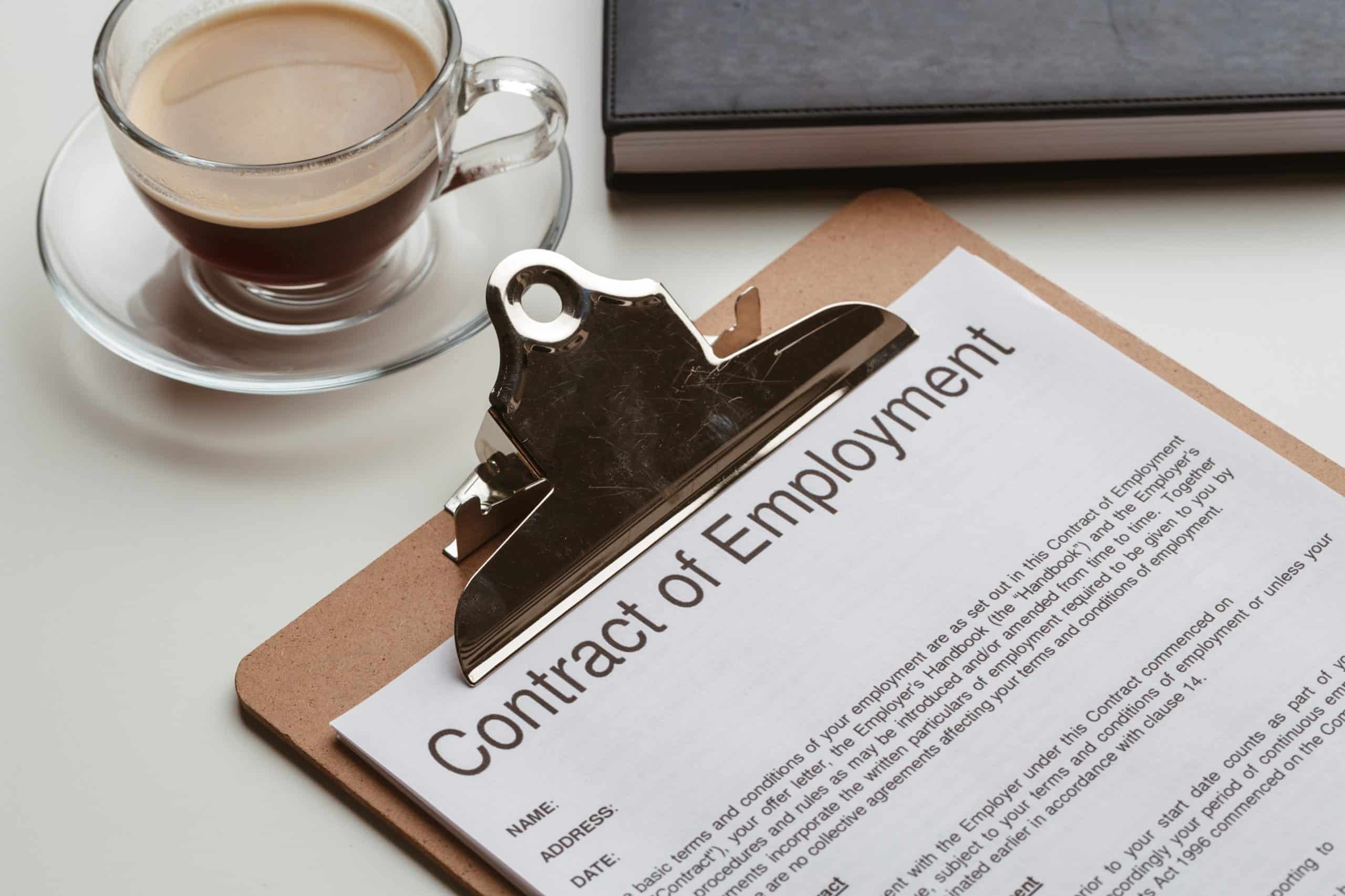In the 21st century, social media isn’t just a platform for sharing cat videos and vacation photos. It’s become an undeniable force, shaping opinions, influencing trends, and significantly impacting the very fabric of our society. From politics to pop culture, social media’s fingerprints are everywhere. However, one arena where its influence is particularly profound—and perhaps unexpected—is in the legal system.
Brief Overview of Social Media’s Pervasive Influence
Social media platforms like Facebook, Twitter, and Instagram have seamlessly woven themselves into the tapestry of our daily lives. We use them to connect, share, and stay updated on the latest news. the impact of social media goes beyond casual interactions.
It has evolved into a powerful tool that not only reflects public sentiment but often molds it. This ability to instantly broadcast and discuss has profound implications, especially when it comes to legal matters.
The Intersection of Social Media and the Legal System
Imagine a world where legal cases aren’t just fought in courtrooms but also in the vast expanse of the digital landscape. This is the reality we find ourselves in—an intersection where law and social media converge. The implications are far-reaching, affecting how cases are perceived, how information is disseminated, and ultimately, the pursuit of justice.
The legal system, which was before restricted to courtrooms and legal documents, is now up against the swift and frequently erratic currents of social media. Digital media now plays a crucial role in all legal proceedings, from high-profile criminal trials to small-town court cases. In a world where blogs and tweets can be just as influential as legal arguments, legal practitioners need to understand this dynamic interplay. It is not an option.
The Impact of Social Media: Revealing the Digital Jury
Public Opinion on Trial
1. How Social Media Shapes Public Perception
Social media is not simply an observer in the field of criminal prosecutions; rather, it is an active player with considerable influence. Social media transforms into a virtual jury box during court cases, shaping public opinion in real time. The court of public emotion is a powerful ally as well as a fearsome foe because it analyzes, debates, and frequently distorts the subtleties of a case.
2. Virality and Its Impact on Legal Proceedings
Information can spread virally at a rate never seen before in the era of immediate sharing. Before the judicial system has an opportunity to make its case, the public’s perspective might be shaped by a single tweet, picture, or video. Social media content that goes viral has the power to magnify some aspects of a trial, highlighting facts that are emotionally charged and overshadowing the subtleties that take place in a courtroom.
The challenge lies in the fact that virality doesn’t always align with accuracy. Misinformation can spread like wildfire, leading to a distorted public understanding of the case at hand.
Fair Trial Challenges
1. Misconduct by Jurors in the Digital Era
The rise of social media has made it easier for jurors to engage in misbehavior, which poses a serious threat to the fair trial process. Equipped with smartphones and always connected, jurors can be tempted to look up information about the case online, possibly coming across material that the court has declared inadmissible.
This misconduct poses a serious threat to the integrity of the legal process, as jurors unintentionally or deliberately expose themselves to external influences that can sway their judgment.
2. The Rapid Spread of False Information
Misinformation, once unleashed on social media, can take on a life of its own. False narratives, rumors, and inaccuracies can quickly spread, clouding the facts of a case and influencing public opinion. Legal teams now face the challenge of not only countering misinformation in the courtroom but also addressing its rapid dissemination online.
Legal Strategies Revealed: Getting Through the Social Media Maze
Social Media Surveillance
1. Importance of Proactive Monitoring
Ignorance is not bliss in the digital era, particularly for lawyers. Surveillance of social media has become an essential part of legal strategy. By keeping an eye on social media sites proactively, legal teams can anticipate potential problems before they materialize during a trial.
Legal professionals can maintain the integrity of the legal process by monitoring online interactions closely and taking timely action to resolve developing issues before they become more serious.
2. Early Detection of Potential Issues
Early detection is the key to effective damage control. Legal teams must be equipped with the tools and strategies to identify potential issues on social media platforms promptly. Whether it’s a viral campaign, prejudicial content, or juror misconduct, the ability to detect these issues early allows legal professionals to respond strategically, minimizing the impact on the fairness of the trial.
Choosing a Neutral Jury
1. Challenges in the Age of Online Influence
Selecting an impartial jury has always been a cornerstone of a fair trial. However, the challenge is magnified. Potential jurors are exposed to an unprecedented volume of information, opinions, and biases on social media. Navigating through the noise to find individuals capable of setting aside preconceived notions and delivering an unbiased verdict is no small feat.
2. Examining the Jurors’ Social Media Accounts
The courtroom is no longer the only place where the screening procedure is conducted. Legal teams conduct in-depth analyses of prospective jurors’ social media activity with the goal of identifying any possible prejudices or connections that can taint their objectivity. This screening procedure is essential to guarantee a fair trial in the digital era, even as it upholds privacy rights.
Avoiding the Effects of Viral
1. Using Strategic Communication to Manage Narrative
In the middle of a viral storm, legal practitioners need to develop their strategic communication skills. It is essential to craft a story that responds to the issues raised on social media while also being consistent with the legal strategy. Social media is a tool for shaping and reiterating legal narratives as well as a battleground for public opinion.
2. Lawsuits Regarding False Information
Misinformation can spread quickly nowadays, endangering the fairness of court cases. Attorneys are not helpless spectators; they can take legal action in response to false information. Legal teams can actively address the dissemination of misleading information by requesting retractions and suing to stop and desist orders.
Legal measures against disinformation are an essential instrument to guarantee that the internet continues to be a place for truthful and impartial conversation while upholding the ideals of free speech.
Balancing Act: Ethics in the Digital Courtroom
Managing the Crossroads
1. Balancing the Right to a Fair Trial and Freedom of Speech
These fundamental rights collide more sharply on social media, where each keystroke can affect public opinion and, in turn, the course of a legal proceeding.
Justice is based on the foundation of the right to a fair trial, which guarantees that the facts presented in court will determine an individual’s fate rather than other influences. But this idea is complicated by social media’s widespread use. It is quite difficult to strike a compromise between promoting free speech and protecting the confidentiality of court cases.
Legal professionals are tasked with navigating this intersection, implementing measures that preserve the integrity of the trial while respecting the right to free expression. It’s a terrain where the lines between responsible commentary and prejudicial influence blur, requiring a nuanced approach to ensure justice is not compromised in the digital age.
2. Ethical Issues with Social Media Restrictions During Trials
As legal professionals grapple with the impact of social media on criminal trials, ethical considerations take center stage. Restricting social media during trials raises profound questions about the boundaries of free speech, transparency, and the public’s right to information.
While the limitations imposed on social media during trials aim to protect the impartiality of jurors and the integrity of legal proceedings, legal professionals must tread carefully. Striking the right balance involves considering the ethical implications of restricting information flow. How much restriction is too much? What impact does it have on public trust in the legal system?
Beyond the courtroom, ethical issues also apply to the larger digital environment. Legal experts must assess the possible side effects of social media restrictions, balancing the democratic ideals of an educated and open society against the advantages of a fair trial.
Future-Proofing Legal Strategies: Emerging Challenges
Legal strategies need to change along with the evolution of technology. A vital component of making sure the legal system is resilient and flexible in the face of a rapidly evolving technological environment is foreseeing future difficulties.
Emerging issues in the field of criminal trials and social media could include the development of new platforms, modifications to online behavior, and the growing sophistication of disinformation efforts. Legal practitioners must keep up with these developments and devise plans of action for problems that might not be too far off but could eventually affect how fair trials are conducted.
Legal reforms can take many different forms, such as revising statutes pertaining to jury behavior, delineating the limits of digital free speech, and creating rules on the admissibility of social media evidence in court. Reforms may also aim to give more precise guidelines for dealing with false information, internet risks to impartial trials, and the moral implications of using social media in court.
To create effective legal reforms, lawmakers, criminal law attorneys, and experts in communication and technology must work together. The intention is to provide a legal framework that is both up-to-date with the latest developments in technology and adaptable enough to handle any unanticipated problems that may crop up on the road.
Summing Up: Handling Justice in the world of Social Media
Unquestionably, social media’s growing influence on criminal cases is bringing in a new era when legal strategies need to adapt to the demands of the digital frontier. Social media has a significant impact on the judicial system, influencing anything from public opinion to the delicate issues of fair trial concerns.
Key Takeaways:
- Digital Influence: Social media is a real-time jury box, profoundly shaping public opinion during legal proceedings.
- Fair Trial Challenges: Online juror misconduct and the rapid spread of misinformation pose unique challenges in the digital age.
- Strategic Legal Adaptations: Proactive social media monitoring, selecting impartial juries amid online influences, and countering viral impact through strategic communication and legal actions against misinformation is essential.
- Ethical Balancing Act: Navigating the intersection of fair trial rights and freedom of speech requires careful ethical considerations, especially when restricting social media during trials.
- Future-Proofing Strategies: Legal professionals must anticipate and address emerging challenges in the digital landscape, advocating for and implementing legal reforms that fortify the legal system’s resilience in the face of evolving social media dynamics.















Recent Comments